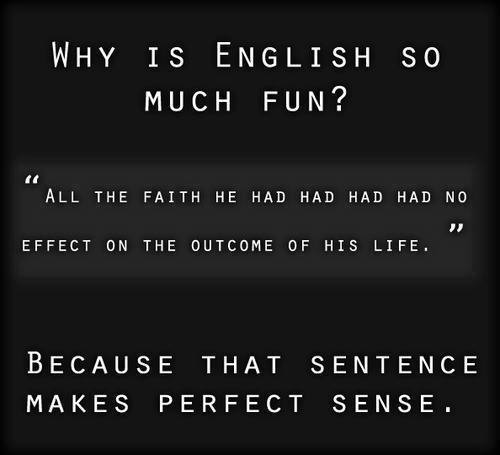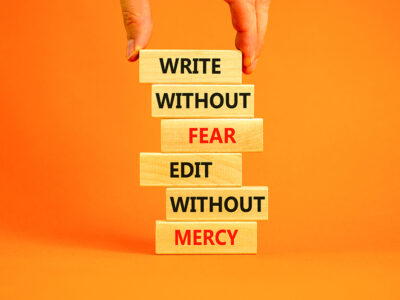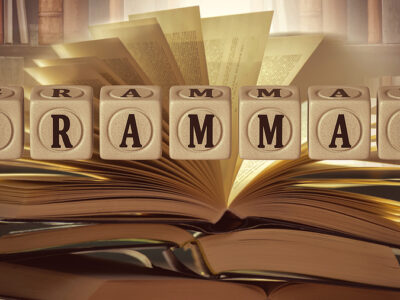I’ve written about this topic before, but thought it good to revisit it. There are some troublesome words regularly misused in emails or book proposals.
Penultimate
This term is often used carelessly to mean “the best” or “the greatest.” Penultimate means next to the last in a series or sequence. Not the best of the best. When used to mean “the best,” the writer is actually describing it as the second best. Maybe the word will change its meaning in the English language. But for now, please use it correctly.
Entitled
A book is not entitled. It is titled.
Bemuse
“The joke made him laugh and stare at me with bemusement.” The writer meant to write “amusement.” To be bemused is to be bewildered or confused. It is possible that my sample sentence was intended to describe a character who was bewildered, but the context said otherwise. This word is beginning to change its meaning to describe “detached amusement.” (See the Merriam-Webster online dictionary definition.) If you and your friends are bemused by the change, talk among yourselves.
I could care less
Be sure to make this a negative because you meant to write “I couldn’t care less.” Think about that one for a second; it will reveal itself to you.
Climatic
The writer meant to write “climactic.” The above relates to climate. The correct word relates to the climax.
Wreck havoc
It is “wreak havoc.” Wreak means to cause or inflict. Like “wreak vengeance.” Wreck (without the “a”) means to cause destruction. It is a common error because they are similar in sound and meaning. But it jumps off the page to an editor when done wrong.
Appraise
“I appraised him of the situation.” Nope. You “apprised” him of the situation. To appraise is to figure out the value of something (like the selling price of your house). Apprise means to inform.
Flaunt
When you “flaunt,” you are showing off. “Flaunt your wealth.”
When you “flount,” you disregard or mock.
A bad boy cannot “flaunt” the rules. He flouts the rules.
Proscribe
This means to denounce, condemn, or forbid. It does not mean to recommend. That is the word “prescribe.”
A doctor can prescribe a treatment for your illness.
A doctor can also proscribe you from doing certain activities after your knee surgery.
They mean very different things.
Irregardless
Look this up in the dictionary. The definition is “regardless.” ??? It’s technically not a word.
Regard-less means to be without regard.
Ir-regard means to not have regard.
So ir-regard-less means “not-regard-without” or “regard” because the prefix and suffix cancel each other out.
Editors will scrub this one from your manuscript. But it will be found in everyday language. Which means someday it might become a legitimate word …. after a generation or two has passed.
Your Turn
What words you can add to the list?










